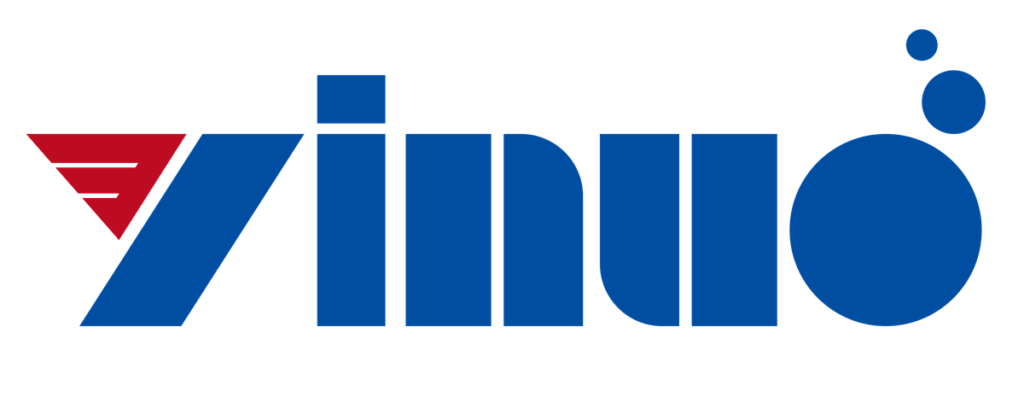The Benefits of Label Feeders for Industrial Product Packaging
In the fast-paced world of industrial manufacturing, efficiency and precision are key factors that determine the success of product packaging processes. One critical component that contributes to these factors is the accurate application of labels on products. Labels serve not only as a means of identification but also convey essential information such as safety warnings, handling instructions, and regulatory compliance. To achieve consistent accuracy and improve overall productivity, many industries are turning to label feeders as an integral part of their packaging operations. This article explores the various benefits of label feeders for industrial product packaging.
Enhanced Accuracy and Consistency
Accuracy in labeling is crucial, particularly in industries where labels carry vital information. Manual application of labels can lead to inconsistencies, such as misaligned or wrinkled labels, which may obscure important details or make the product appear unprofessional. Label feeders automate the process, ensuring that each label is applied in the correct position with uniform pressure. This consistency is especially important for products that require precise labeling, such as pharmaceuticals, chemicals, and food items, where regulatory compliance is mandatory.
With label feeders, the risk of human error is significantly reduced. The system’s precision ensures that labels are consistently placed in the same location on each product, enhancing the overall quality of the packaging and reducing the likelihood of costly rework or product recalls.
Increased Production Efficiency
In industrial settings, time is money. The speed at which products can be packaged directly impacts the efficiency of the production line. Label feeders are designed to operate at high speeds, significantly faster than manual labeling. This automation allows for a continuous flow of products through the packaging line, minimizing downtime and increasing throughput.
By automating the labeling process, companies can also free up their workforce to focus on more complex tasks that require human intervention, further boosting overall productivity. The use of label feeders reduces bottlenecks in the production process, ensuring that labeling does not become a limiting factor in meeting production targets.
Cost Savings
The implementation of label feeders in industrial packaging processes can lead to substantial cost savings. First, the reduction in human error minimizes the number of labels that are incorrectly applied, reducing waste and the costs associated with reprinting and reapplying labels. Additionally, the increased speed and efficiency of label feeders can lower labor costs, as fewer workers are needed to manage the labeling process.
Moreover, label feeders can handle a wide range of label sizes and types, allowing for greater flexibility in packaging operations. This versatility can reduce the need for multiple labeling machines, leading to further cost reductions in equipment and maintenance.
Improved Safety and Compliance
In industries such as pharmaceuticals, food, and chemicals, proper labeling is not just a matter of efficiency; it is a critical component of safety and regulatory compliance. Labels must meet stringent standards to ensure that consumers receive accurate information about the product, including ingredients, usage instructions, and safety warnings. Failure to comply with these standards can result in legal consequences and damage to a company’s reputation.
Label feeders contribute to improved safety and compliance by ensuring that labels are applied accurately and consistently. The precision of label feeders helps to ensure that all required information is clearly visible and legible, reducing the risk of non-compliance with industry regulations.
Versatility and Adaptability
Modern label feeders are designed to be highly versatile, capable of handling various label sizes, shapes, and materials. This adaptability makes them suitable for a wide range of industrial applications, from small-scale operations to large-scale production lines. Label feeders can be easily integrated into existing packaging systems, allowing companies to upgrade their operations without significant disruptions.
Furthermore, advanced label feeders offer features such as automatic label detection, which adjusts the positioning of labels based on the specific dimensions of the product. This adaptability ensures that label feeders can accommodate different product types and packaging requirements, providing a flexible solution for industrial labeling needs.
Conclusion
Label feeders offer numerous benefits for industrial product packaging, including enhanced accuracy, increased production efficiency, cost savings, improved safety and compliance, and versatility. By automating the labeling process, companies can achieve higher levels of precision and consistency, reduce waste, and ensure that their products meet the necessary regulatory standards. As industries continue to evolve and demand greater efficiency, the adoption of label feeders will play an increasingly important role in optimizing packaging operations and maintaining competitive advantage.


